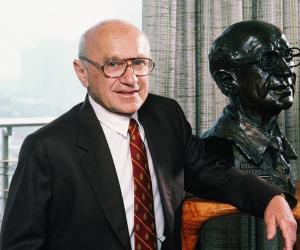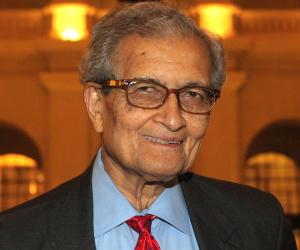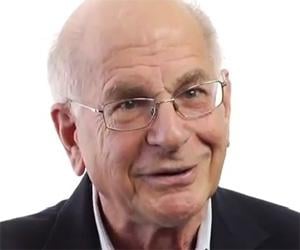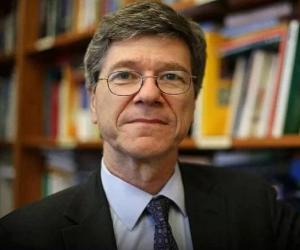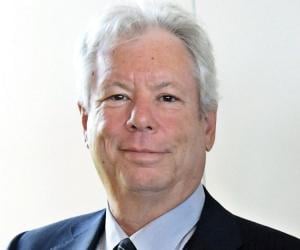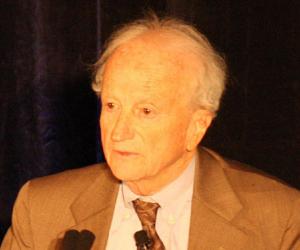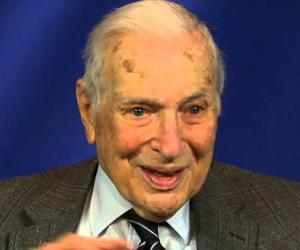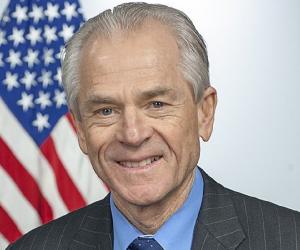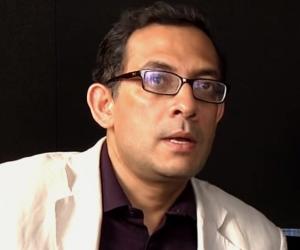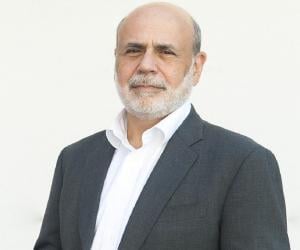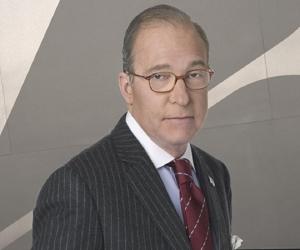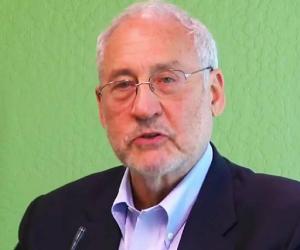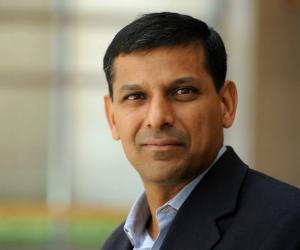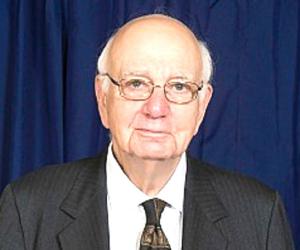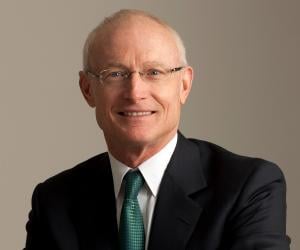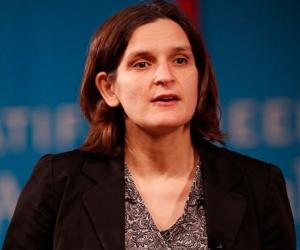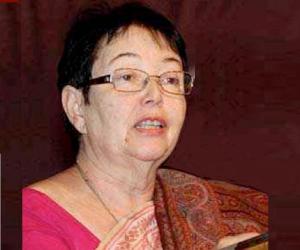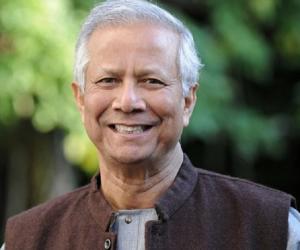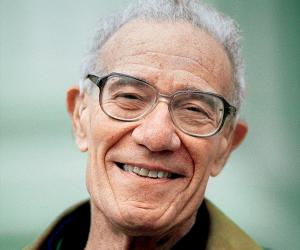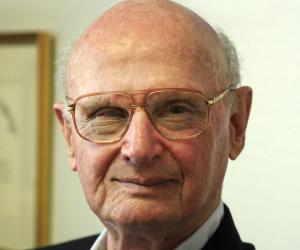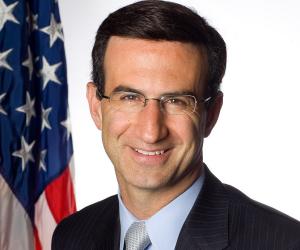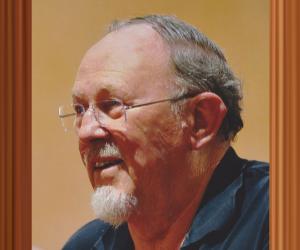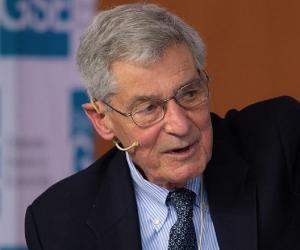Milton Friedman was an American economist. Widely regarded as one of the most influential economists of the 20th century, Friedman was honored with the Nobel Memorial Prize in Economic Sciences in 1976. One of the most influential personalities of the Chicago school of economics, Friedman mentored people like Gary Becker and Thomas Sowell who went on to become leading economists.
One of the few personalities known for his disdain of self-promotion, Thomas Sowell is an important American social theorist and economist. Over the years, he has played a prominent role working as a faculty member of many prestigious universities, such as the University of California, Los Angeles (UCLA) and Cornell University.
Daniel Kahneman is an Israeli economist and psychologist. He was honored with the 2002 Nobel Memorial Prize in Economic Sciences for his work on behavioral economics. In 2011, Kahneman was named among the top global thinkers by Foreign Policy magazine. In 2015, Daniel Kahneman was ranked seventh in the most influential economist in the world list published by The Economist.
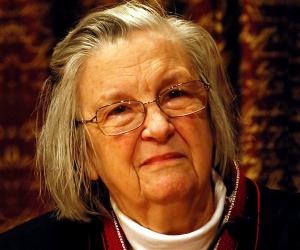
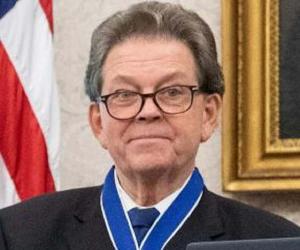
Yale and Stanford alumnus Arthur Laffer is now one of the greatest economists of the U.S. Best known for his Laffer curve and his theory of taxes that explained how low tax rates could eventually provide higher revenues, he has been crucial to the American tax system.
Born to economics professor parents, Abhijit Banerjee grew up in India before he moved to the U.S. to study at Harvard. He later taught at Harvard and Princeton and is now associated with MIT. His studies on the ways of reducing world poverty won him a Nobel Prize.
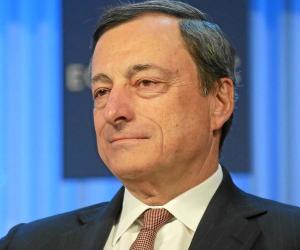
The son of a banker father, Italian economist Mario Draghi initially served as the president of the European Central Bank and the Bank of Italy governor, and is the current prime minister of Italy. The media named him Super Mario for efficiently handling the Eurozone debt crisis.
Ben Bernanke is an American economist who served two terms as the chair of the Board of Governors of the Federal Reserve System from 2006 to 2014, during which he supervised the Federal Reserve's response to the global financial crisis (GFC). For his efforts during GFC, Ben Bernanke was named Time Person of the Year in 2009.
Lawrence Kudlow began his career as staff economist at the Federal Reserve Bank of New York and then served as financial analyst at Wall Street, before joining the Ronald Reagan administration. Later he became an economic media commentator with National Review, and hosted several shows on CNBC. During the Trump administration, he served as Director of the National Economic Council.
Nobel laureate Joseph E. Stiglitz is best known for his work on the theory of markets with asymmetric information. The MIT alumnus has taught at prestigious institutes such as Harvard and Stanford and currently teaches at Columbia University, He has been an economic advisor to the U.S. government, too.

Economist Paul Krugman, who has taught at Yale, MIT, and Princeton, later won the Nobel Memorial Prize in Economic Sciences, primarily for his work on the new trade theory and economic geography. He has also gained popularity for his op-ed column in The New York Times.
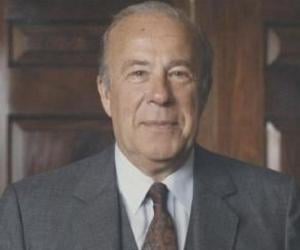
Raghuram Rajan is an Indian economist who served as the Governor of the Reserve Bank of India from 2013 to 2016. He also served as the 15th Chief Economic Adviser to the Government of India. For his significant contribution in the field of economics, Raghuram Rajan was honored with the Fischer Black Prize by the American Finance Association in 2003.
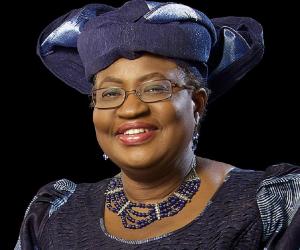
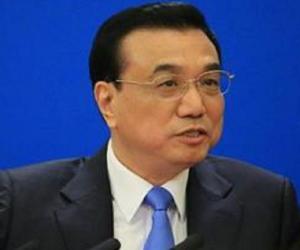
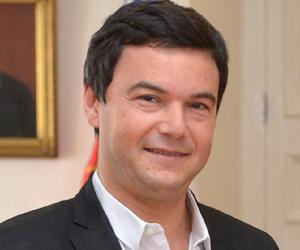
French economist and professor Thomas Piketty is best known for his book Capital in the Twenty-first Century, which became a New York Times bestseller. He has taught at prestigious institutes such as LSE and MIT. He proposed taxing the rich to prevent high incomes and not merely to increase government revenue.
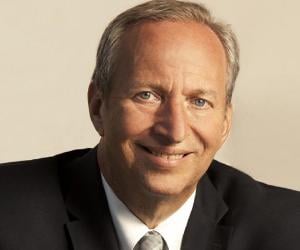
Apart from being the president of Harvard, Lawrence Summers has also been the U.S. secretary of the treasury, the World Bank’s chief economist, and the NEC director. The MIT alumnus became one of the youngest tenured faculty members at Harvard. He also writes regularly for The Washington Post.
Esther Duflo is a French–American economist. She is credited with co-founding the Abdul Latif Jameel Poverty Action Lab, a global research center that works towards reducing poverty worldwide. In 2019, she shared the Nobel Memorial Prize in Economic Sciences with Michael Kremer and Abhijit Banerjee for their efforts to reduce poverty.
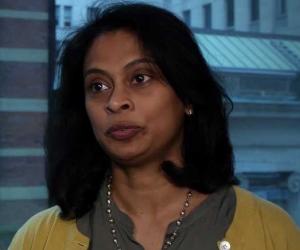
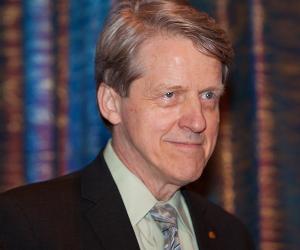
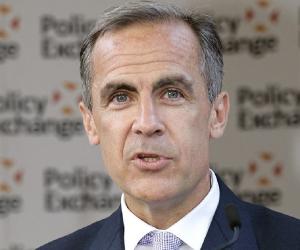
After his 13-year stint with Goldman Sachs, Mark Carney served as the governor of the Bank of Canada and the Bank of England. He was also part of the Canadian finance department. He is an ice-hockey lover and played the sport actively during the school and university days.
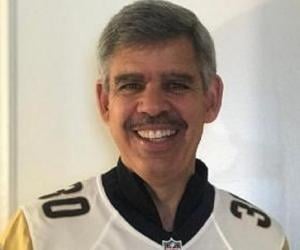
Born to Egyptian parents in New York, Mohamed A. El-Erian grew up in the U.S., Egypt, and France, with his diplomat father. Educated at Cambridge and Oxford, he later served as the CEO of PIMCO. Apart from being a Bloomberg columnist, he has also written bestsellers such as When Markets Collide.
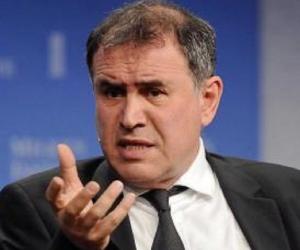
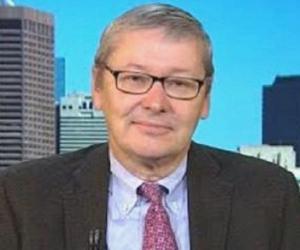
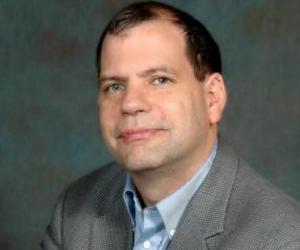
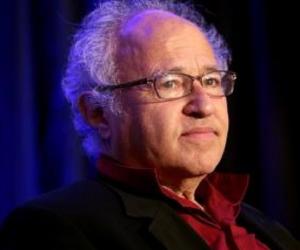
Eminent scholar David D. Friedman has excelled in a wide range of academic areas, including economics, physics, law, and business. The Harvard alumnus is best known for his anarcho-capitalist theories and the book The Machinery of Freedom but has penned countless other books, too, including two science-fiction fantasy novels.
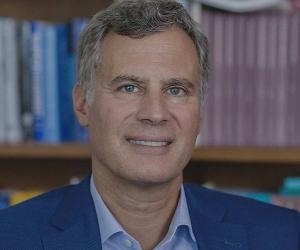
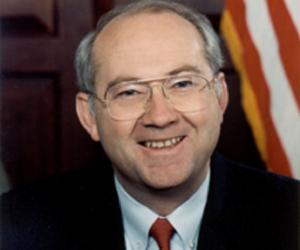
The CEO of Lazard, Peter R. Orszag has previously also been associated with Citigroup and has headed the OMB. A Princeton alumnus and a PhD from the London School of Economics, he has also been associated with organizations such as the National Academy of Medicine and been a lecturer of macroeconomics.
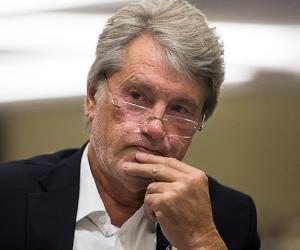
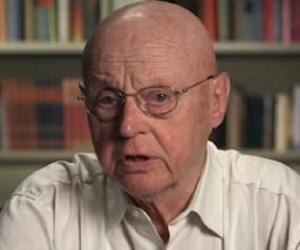
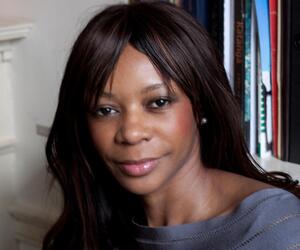
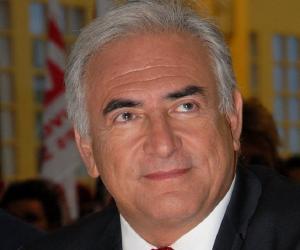
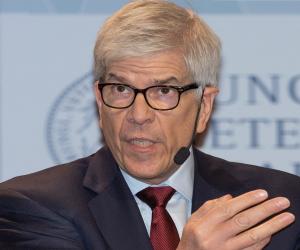
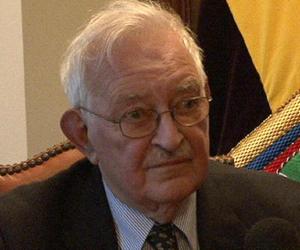
Sociologist, author, and economic historian Immanuel Wallerstein is best remembered for his iconic work The Modern World System, which was the first volume of his world-system theory. He was a Yale researcher and had first been driven to understand world history when he read up about the anticolonial movement in India.
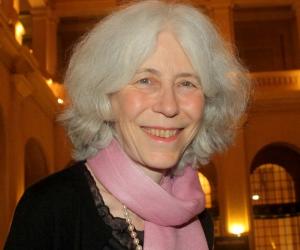
Apart from being one of the heiresses of the affluent Rothschild banking family, Emma Georgina Rothschild is also a famous economic historian, a Harvard professor, and a former United Nations Foundation board member. She has also worked at MIT and Cambridge and is married to Nobel Prize-winning economist Amartya Sen.
